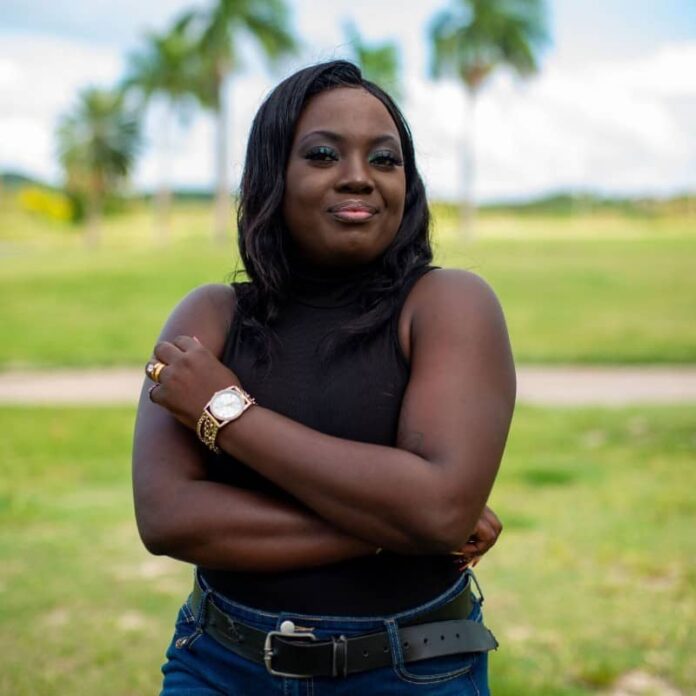Prime Minister Gaston Browne’s recent call for a global vision for mental health at the United Nations General Assembly marks a turning point not just for Antigua and Barbuda, but for the entire region. At last, we are naming what has too long been ignored: mental illness is not an invisible crisis, it is a neglected one. It touches every family, every community, and every sector of our society, and yet for decades it has been pushed to the margins of health and development.
As the founder of WISH – the Wadadli Initiative for Self-care and Healing – I welcome this moment. For too long, our collective silence has meant that countless Antiguans and Barbudans have suffered without the support, compassion, or resources they need. The Prime Minister’s words make it clear that mental health is not a personal failing, nor a side issue to be dealt with after the fact. It is a human rights issue. It is an economic issue. It is a development issue. It is a matter of national resilience.
But speeches must lead to action. If Antigua and Barbuda is to take its rightful place in shaping the global movement, we must also show leadership at home. This begins with updating our outdated mental health legislation. The laws that govern how we treat, protect, and support individuals living with mental health challenges were written for another era. They do not reflect the rights-based, community-driven approaches that modern societies now recognize as essential. We need a framework that ensures dignity, choice, and access to care for every citizen. We are delighted to know that working alongside PAHO, Antigua and Barbuda is well on the way to making this a reality.
Equally pressing is the creation of a National Mental Health Plan which will be a coordinated roadmap that brings together government, civil society, healthcare providers, and communities. Such a plan must set out clear, measurable targets, backed by sustained funding, to address prevention, treatment, crisis response, and stigma reduction. We should not only be talking about facilities and services, but also about embedding mental wellness in schools, workplaces, churches, and cultural life.
There are urgent interventions that cannot wait. Chief among them is the establishment of a national suicide hotline, staffed by trained professionals and available around the clock. Too many lives are lost in silence, in moments of despair when immediate help could make the difference between life and death. Alongside this, we must expand community-based support programmes, integrate mental health training into primary care, and make use of innovation such as telehealth, digital tools and peer networks to reach people wherever they are.
At WISH, we are ready to do our part. We will continue to engage schools and young people, to use digital platforms to normalize conversations, and to create safe spaces where stigma cannot thrive. But advocacy organizations like ours cannot replace systemic change. Government action is indispensable, and so too is the involvement of every professional, every advocate, every employer, every educator, and every faith leader who has influence in this society. The responsibility is collective. The cultural shift required is one that no single actor can achieve alone.
If we act with urgency, Antigua and Barbuda has an opportunity not only to improve the wellbeing of our own people but to inspire others. The Prime Minister has rightly said that mental health is a global public good. But global leadership begins with national courage. By modernizing our legislation, by establishing a national plan, by building the infrastructure for prevention and crisis response, we can make mental wellness not just a slogan, but a lived reality.
There can be no true human progress without mental wellness. The child in school, the worker at their desk, the family at the dinner table, every one of them deserves to live free from stigma, supported by a system that recognizes their right to care. The call from our nation’s leader has set the tone. It is now up to all of us as policymakers, practitioners, and advocates alike to ensure that Antigua and Barbuda becomes a place where no one suffers in silence, where mental wellness is not a privilege, but the people’s right.


